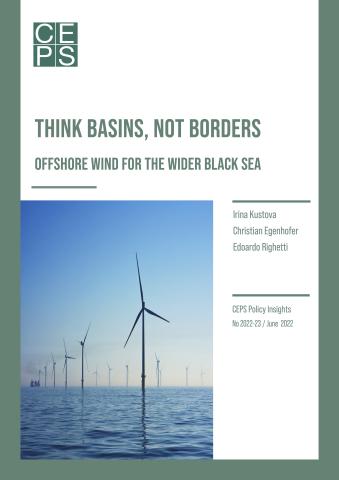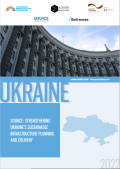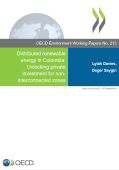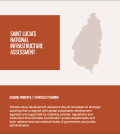
Following the outbreak of the energy price crisis in late 2021 and Russia’s invasion of Ukraine in 2022, offshore wind has gained strategic importance in the EU as a renewable energy source well suited to substituting natural gas in the mid-term. Offshore wind could have even greater significance for the Black Sea coast, considering the phase-out of carbon-intensive lignite power generation and the need to reconfigure ties with Russia.
Despite offshore wind not enjoying high-profile visibility in the region so far, investment appetite can already be spotted. The first assessments of the region’s technical potential for offshore wind are optimistic. Technological advancement of floating offshore wind can further make the case for its competitiveness in the low and medium wind speed areas of the Black Sea.
This study presents an overview of initial assessments of the technical potential in the Black Sea. But just as importantly, it identifies policy-related barriers at the national and regional levels. Its recommendations offer a blueprint of actions policymakers can take to overcome them and boost uptake of offshore wind in Bulgaria and Romania. They point the way towards sound legal frameworks that will underpin investor confidence, cross-border planning and pan-regional cooperation.




